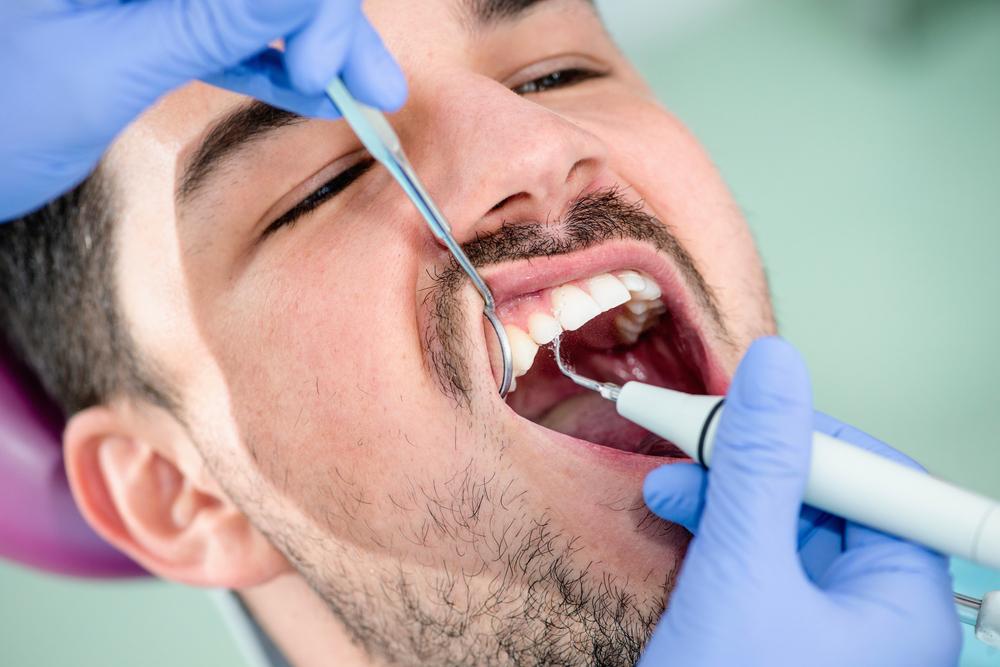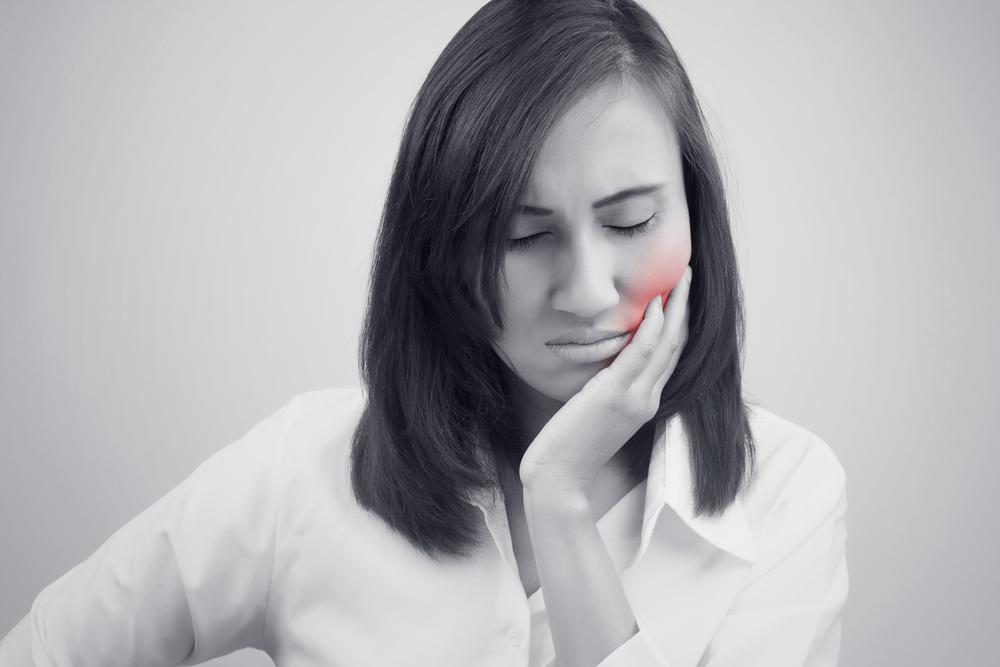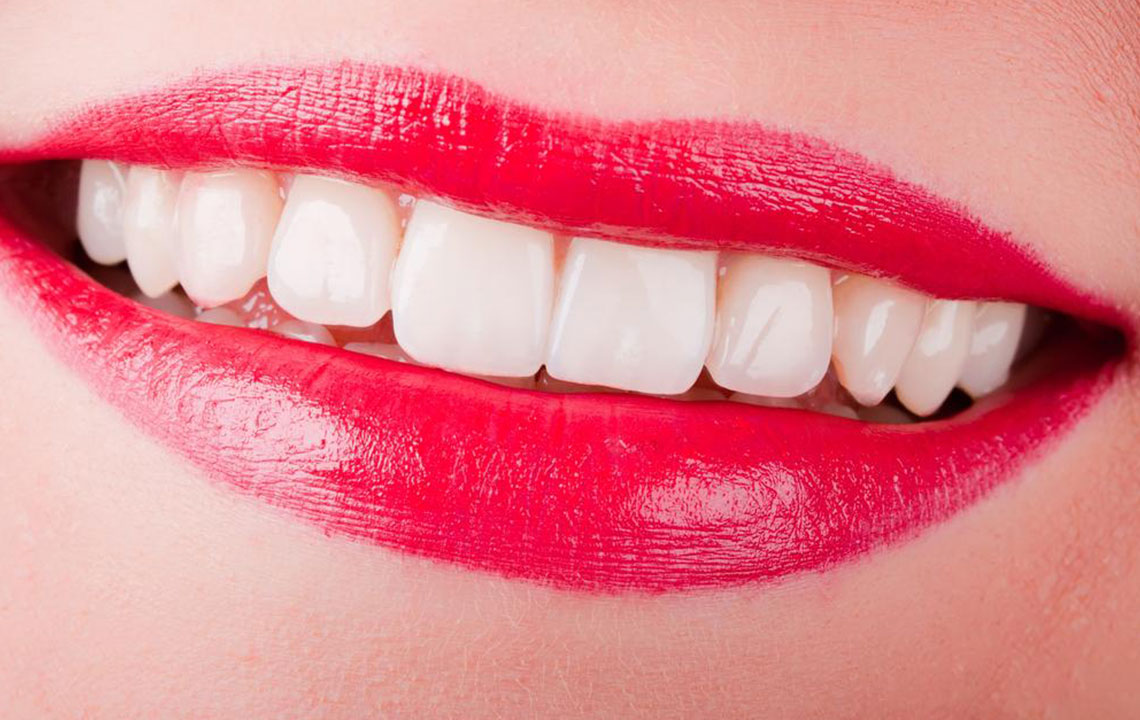Comprehensive Guide to Bad Breath: Causes, Prevention, and Effective Remedies
This comprehensive guide explores the causes of bad breath, including poor oral hygiene, diet, health issues, and lifestyle factors. It provides effective remedies such as proper brushing, flossing, hydration, diet modifications, and professional dental care. Understanding these factors enables individuals to combat halitosis effectively, ensuring long-term fresh breath and oral health. Regular dental visits and lifestyle changes are key to preventing persistent odors, boosting confidence in social and professional settings.

Bad breath, medically termed halitosis, is a common condition that can significantly affect social interactions and personal confidence. Many people experience episodes of unpleasant odor from their mouth, but persistent halitosis requires understanding its underlying causes and implementing effective solutions. While over-the-counter products like mints, mouthwashes, and chewing gums might offer temporary relief, they fail to address the root causes of bad breath. This detailed guide explores the various factors contributing to halitosis, preventive measures, and scientifically supported remedies to help achieve fresh and healthy breath.
Understanding the primary causes of bad breath is essential for effective management. Common factors include poor oral hygiene practices, dietary habits, underlying health conditions, and lifestyle choices. Each of these contributes differently, and addressing them comprehensively can lead to long-lasting improvements.
Root Causes of Bad Breath
Poor Oral Hygiene and Plaque Accumulation
One of the leading causes of halitosis is inadequate oral care. When you neglect regular brushing and flossing, plaque and food debris accumulate on the teeth and gums. These deposits harbor bacteria that break down food particles and release foul-smelling compounds, especially sulfur-based compounds such as hydrogen sulfide and methyl mercaptan. Over time, this bacterial activity results in persistent bad breath. Regular dental cleanings, proper brushing techniques, and flossing can significantly reduce plaque buildup and mitigate odor.
Dietary Factors
What you eat directly influences your breath's freshness. Foods rich in sulfur, notably onions, garlic, leeks, and certain spices, are notorious for causing mouth odor. After consumption, these compounds are absorbed into the bloodstream and exhaled through the lungs, producing a noticeable odor. Additionally, junk foods, sugary snacks, and excessive caffeine intake can contribute indirectly by encouraging bacterial growth or causing dry mouth, which exacerbates foul breath.
Dry Mouth (Xerostomia)
Saliva plays a critical role in maintaining oral health. It helps wash away bacteria and food particles, and its antimicrobial properties neutralize odor-causing compounds. A dry mouth condition, known as xerostomia, reduces saliva flow, allowing bacteria to thrive and increasing the likelihood of halitosis. Common causes include dehydration, certain medications, mouth breathing, and medical conditions such as diabetes or Sjögren's syndrome.
Health Conditions and Medications
Beyond oral hygiene, systemic health issues can manifest as bad breath. Respiratory infections, sinusitis, postnasal drip, gastroesophageal reflux disease (GERD), and chronic bronchitis often produce foul odors. Furthermore, medications that dry out the mouth or contain sulfur compounds may contribute to halitosis. Managing these underlying health issues in conjunction with oral care can improve breath quality.
Bacterial Infections and Gum Disease
Periodontal infections and gum disease are significant contributors to chronic bad breath. Bacteria accumulate in infected gums, forming deep pockets that harbor noxious bacteria. If left untreated, these infections deepen, causing tissue damage and persistent odor. Professional dental interventions such as scaling and root planing are necessary to eliminate bacterial colonies and heal gum tissues.
Effective Remedies and Preventive Measures
Daily Oral Hygiene Practices
Implementing strict oral hygiene routines is crucial. Brushing at least twice a day with fluoride toothpaste removes plaque and food particles. Proper brushing techniques, including gentle yet thorough cleaning of all tooth surfaces and the tongue, are essential. Tongue scrapers can be particularly effective in removing odor-causing bacteria and biofilm from the tongue's surface.
Flossing and Additional Cleaning
Flossing once daily removes debris lodged between teeth and helps prevent gum disease, a common source of halitosis. Incorporating mouthwashes that contain antibacterial agents like chlorhexidine can reduce bacterial populations. However, these should be used under dental supervision to avoid disrupting the natural balance of oral microbiota.
Hydration and Lifestyle Adjustments
Maintaining adequate hydration promotes saliva production, essential for neutralizing acids and washing away bacteria. Drinking plenty of water, especially after meals, minimizes dry mouth conditions. Avoiding tobacco and alcohol use also has a profound impact, as both can dry the mouth and contribute to bacterial overgrowth.
Dietary Modifications
Limiting foods that produce strong odors can help maintain fresh breath. Incorporate more crunchy vegetables, fresh herbs like parsley, cilantro, and mint, which have natural deodorizing properties. Reducing intake of sugary foods and beverages controls bacterial growth, thereby reducing halitosis risk.
Regular Dental Check-ups
Scheduling routine visits to your dentist—at least twice a year—ensures early detection and treatment of dental problems like cavities, gum disease, and infections. Professional cleanings help eliminate tartar and bacterial deposits from hard-to-reach areas, promoting overall oral health.
When to Seek Professional Help
While good oral hygiene and lifestyle changes can resolve most cases of halitosis, persistent bad breath despite these measures warrants professional evaluation. Healthcare providers can identify underlying medical conditions, prescribe appropriate treatments, and guide comprehensive oral health management.
Conclusion
Achieving and maintaining fresh breath requires a holistic approach involving proper oral hygiene, dietary awareness, lifestyle choices, and regular dental care. Recognizing the diverse causes of halitosis allows for targeted interventions that can significantly improve confidence and social interactions. By adopting these practices and consulting professionals when needed, you can eliminate persistent bad breath and enjoy a healthier, more confident smile.





